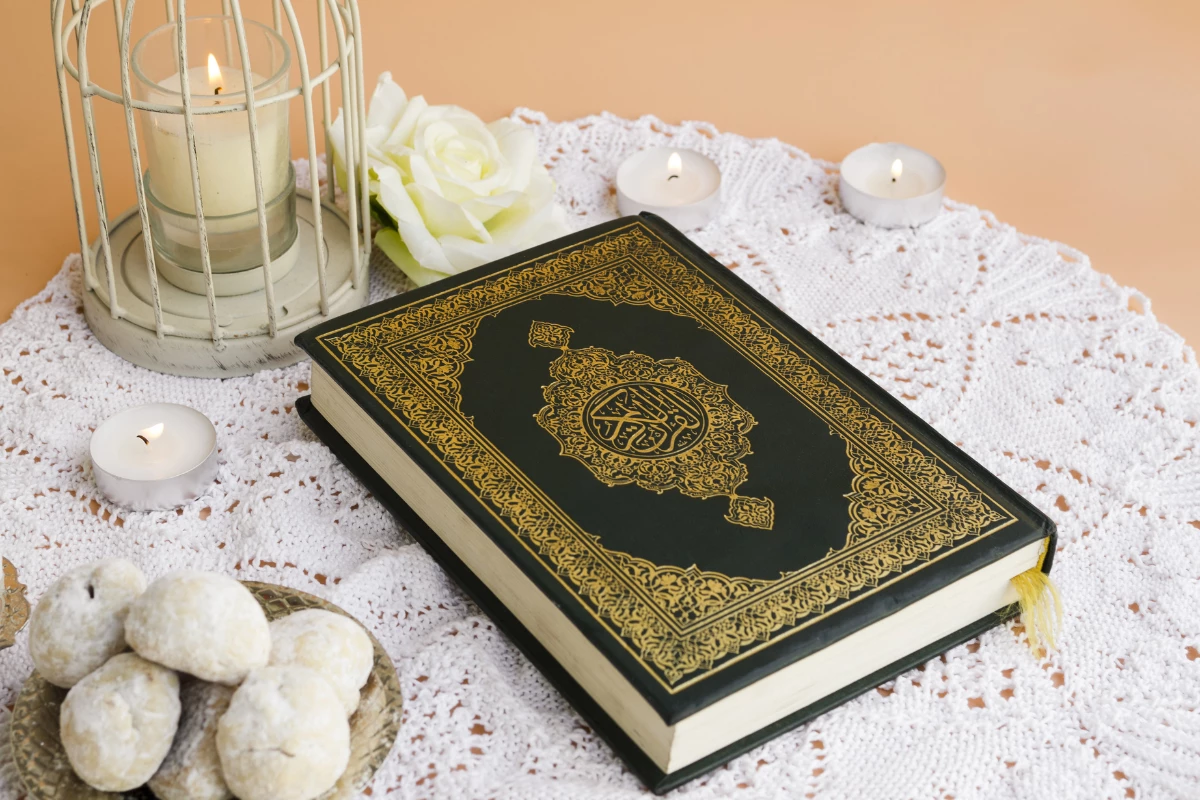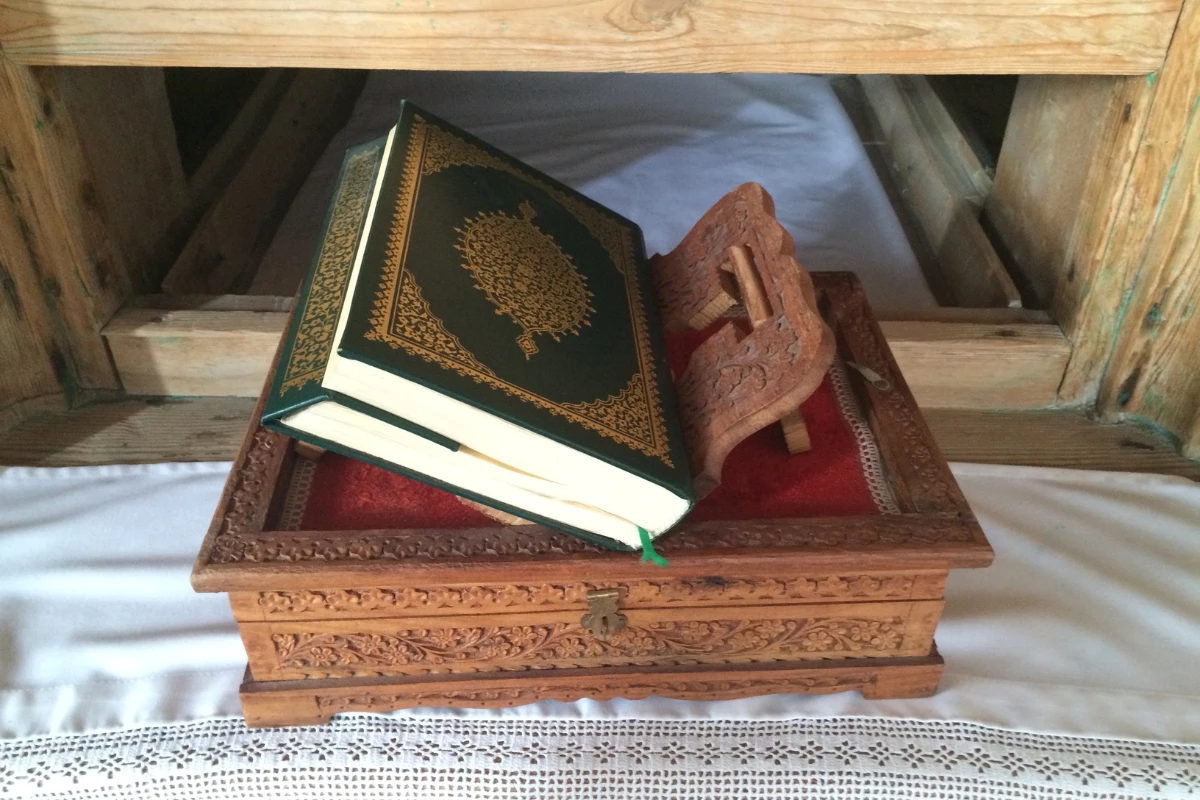 In today’s speedy-paced international, many individuals are seeking to deepen their knowledge of the Quran and Quran teachings. With the rise of online gaining knowledge of platforms, it has emerge as easier than ever to get admission to Quran schooling from the consolation of your house. At Online Quran Islam Academy, we offer specialized on line Quran instructions designed to cater to college students of every age and backgrounds.
In today’s speedy-paced international, many individuals are seeking to deepen their knowledge of the Quran and Quran teachings. With the rise of online gaining knowledge of platforms, it has emerge as easier than ever to get admission to Quran schooling from the consolation of your house. At Online Quran Islam Academy, we offer specialized on line Quran instructions designed to cater to college students of every age and backgrounds.
Why Choose Online Quran Classes?
- Convenience: One of the principle advantages of reading the Quran online is flexibility. You not need to move backward and forward to a physical vicinity. With our on line platform, you may take classes at your convenience, whether or not it’s in the morning or overdue at night time. This flexibility permits you to suit Quranic studies into your daily ordinary without disrupting your life.
- Qualified Teachers: At Online Quran Islam Academy, we best hire qualified, experienced instructors who are talented within the Quran and Quran teachings. Our instructors aren’t handiest skilled in Quranic recitation (Tajweed) but are also well-versed in explaining the meanings of the Quran in easy language. This makes it less difficult for students to understand the expertise contained inside the Quran and Quran verses.
- Personalized Learning: Every pupil has particular needs and studying paces. Our on line lessons are tailored to satisfy the wishes of each character. Whether you’re a beginner or have already got some understanding, our guides are designed to help you progress step by step.

Courses We Offer
We provide a whole lot of courses to fulfill the exceptional goals of our university college students. Below is a summary of the crucial aspect publications we provide:
| Course Name | Description |
|---|---|
| Quran Recitation (Tajweed) | Learn the right pronunciation and articulation of Arabic letters. Understand the rules of Tajweed to recite the Quran fantastically. |
| Quran Memorization (Hifz) | Memorize the Quran with a structured, powerful plan. Our teachers will guide you at each step to help you retain the Quranic verses. |
| Quran Translation | Gain a deeper understanding of the Quran through learning its meanings in your native language. This course helps break down complex Quranic concepts. |
| Basic Quranic Arabic | Learn the guidelines of Arabic that will help you study, recognize, and recite the Quran with readability and ease. |
| Fiqh and Tafseer | Explore the Islamic jurisprudence (Fiqh) and the deep interpretations (Tafseer) of Quranic verses for a comprehensive understanding of Islam. |
How We Teach Quran Online
Our online platform uses modern day tools to make sure an interactive getting to know enjoy. We provide one-on-one periods, small organization instructions, and stay lectures. This approach that regardless of in which you’re in the world, you may join our publications with none problem.
Here’s how it works:
- Sign up for a direction on our internet site.
- Choose a time that works for you, and we’ll connect you with certainly one of our expert teachers.
- Attend stay lessons through video name or recorded instructions.
- Review lessons, ask questions, and obtain personalized remarks to improve.

The Importance of Learning the Quran
The Quran and Quran aren’t just books; they’re a guide to lifestyles. By mastering its teachings, people can advantage understanding, steering, and peace of their daily lives. Understanding the Quran facilitates us make experience of our struggles and challenges, giving us a moral compass and a path in the direction of inner peace.
Whether you’re studying to recite the Quran beautifully, memorizing it, or analyzing its meanings, each step brings you in the direction of a higher expertise of your self and your courting with God.
Conclusion
At Online Quran Islam Academy, we are committed to creating Quranic education handy and low-cost for every person. Our Quran guides are designed to offer you with the understanding and abilties essential to apprehend and hook up with the divine teachings of the Quran.
We invite you to begin your adventure these days. Explore our range of guides and sign up now to revel in the splendor and wisdom of the Quran and Quran.





Quran Page - Read And Reflect Online | Quran Classes
[…] of the Quran? Look no further than Quran Page, your trusted source for comprehensive online Quran classes. Whether you’re a beginner taking your first steps in Quranic studies or an advanced learner […]